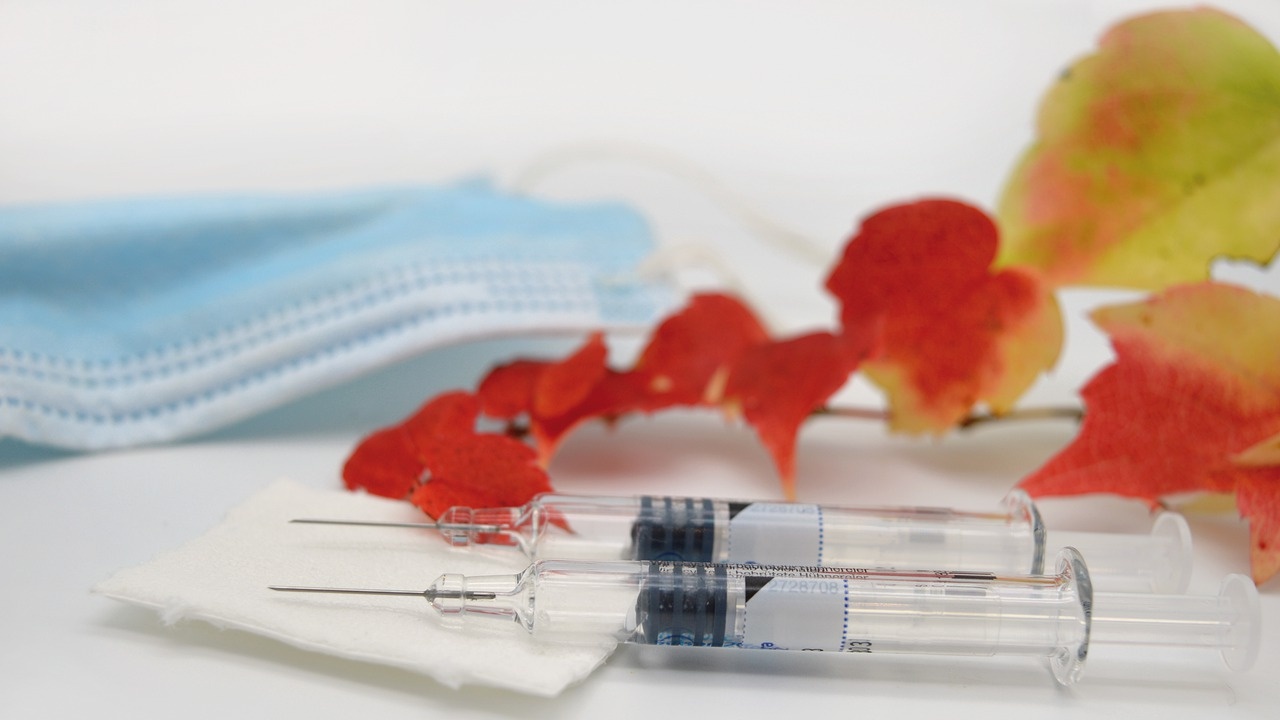Listen to the news
Three cases of fluron have been identified since the beginning of the year in Bulgaria. The infected are in Ruse, Pazardzhik and Sofia, according to data from the Ministry of Health.
Fluron represents a simultaneous infection (co-infection) with the flu virus and the coronavirus (from the English "Flurona" - flu+corona), and not a new variant or sub-variant of SARS-CoV-2, explained the Ministry of Health.
A virologist with a worrying prognosis for the flu and Omicron
The presence of co-infection does not always mean that a person is twice as ill, but it implies higher health risks than when a person is infected only with the influenza virus or only with the SARS-CoV-2 coronavirus.
Both viruses cause respiratory infections and are transmitted by airborne droplets as well as through contaminated surfaces.
These viruses tend to infect mostly the cells that line the upper and lower respiratory tract and can cause a wide range of illnesses, from asymptomatic or relatively mild infections to severe complications or death.
Based on studies conducted, the most common symptoms in fluron patients were fever (89.4%), cough (79.3%), shortness of breath (24.1%), muscle aches (20.7%), and difficulty breathing ( 20.7%).
To the extent that the two viruses have similar symptoms, coinfection is established by laboratory testing.
Timely laboratory diagnosis is extremely important in both diseases for the appointment of the most appropriate therapy.
For persons with chronic diseases and suspicion of seasonal flu, it is crucial to start antiviral therapy in the first hours of the onset of symptoms.
Elderly people and those suffering from chronic diseases are at a higher risk of severe co-infection between the influenza virus and SARS-CoV-2 and subsequent health complications, such as the possibility of requiring hospital treatment (including intensive care ) is significantly higher.
Vaccination and compliance with non-pharmaceutical measures such as wearing a protective face mask, frequent hand hygiene and maintaining physical distance are the surest way to protect against both COVID-19 and other airborne infections. including.
from seasonal flu and other acute respiratory infections.
